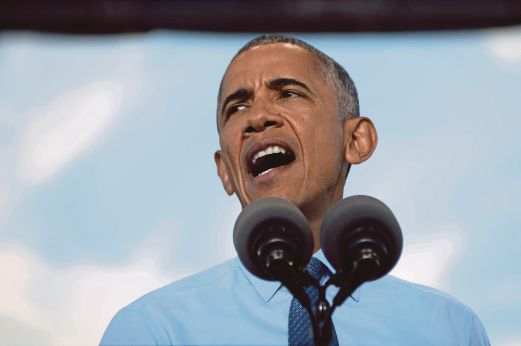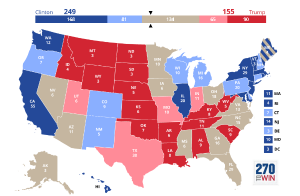The Democratic party nominated Hillary Clinton to hopefully inherit the presidency from the Barack Obama. While Obama had little trouble galvanizing the African-American vote, Clinton has struggled to do the same, especially in the battle-ground state, Ohio. In order to change this, Clinton invited Lebron James to campaign for her at her rally in Cleveland, Ohio. Lebron James accepted the invitation and employed the rhetoric of ethos and martyria on Clinton’s behalf.
Ethos
Lebron James grew up in Akron, Ohio. He was raised by a single mother in an inner city neighborhood. James acknowledged this and the odds against him in his NBA Finals Speech in 2013, “I’m LeBron James. From Akron, Ohio. From the inner city. I am not even supposed to be here.” Yet, James beat the odds, embraced basketball, and is now one of the best basketball players in the National Basketball Association. In 2016, James led the Cavaliers to Cleveland’s first NBA title, immediately becoming the hometown hero. James did not forget his humble beginning though. James even made his own foundation with the goal of helping children in Ohio who came from backgrounds similar to his. Essentially, James provided hope and help for the people of Ohio on the court and off the court. This in turn served to build up his ethos among Ohioans.
 Martryia
Martryia
Clinton’s recent message to African-American voters is to vote. James’ seized the opportunity at the rally to further this message through the use of martyria. In rhetoric, martyria is confirming something based on their personal experience. James declared, “The number one main reason I’m here is because of Hillary and what she believes in. I want people to understand now I grew up in the inner city. And I know the whole notion of getting out and voting. And I was one of those kids, and I was around a community, that was like, our vote doesn’t matter. But it really does. It really, really does. We have to get out and make sure we vote.” In his message, James referred to his past experience and his past belief that his vote did not matter. He used his ethos and martyria to acknowledge the audience’s belief and relate to them. James then took it a step farther to confirm that their votes matter and inspire people to vote. Through these two rhetorical devices, Lebron James successfully encouraged Ohioans to vote, just like Clinton hoped.





 Michelle Obama is the first First Lady to actively campaign for her husband’s hopeful successor since Lady Bird Johnson. Since the Democratic Convention, she has made appearances in five swing states to encourage voters to cast their vote for Clinton. Michelle Obama’s historic work and success on the campaign trail is largely due to her ethos, which is boosted by a high approval rating and her celebrity status. Obama’s ethos attracts voters and gives her, her opinion, and her words credibility.
Michelle Obama is the first First Lady to actively campaign for her husband’s hopeful successor since Lady Bird Johnson. Since the Democratic Convention, she has made appearances in five swing states to encourage voters to cast their vote for Clinton. Michelle Obama’s historic work and success on the campaign trail is largely due to her ethos, which is boosted by a high approval rating and her celebrity status. Obama’s ethos attracts voters and gives her, her opinion, and her words credibility.